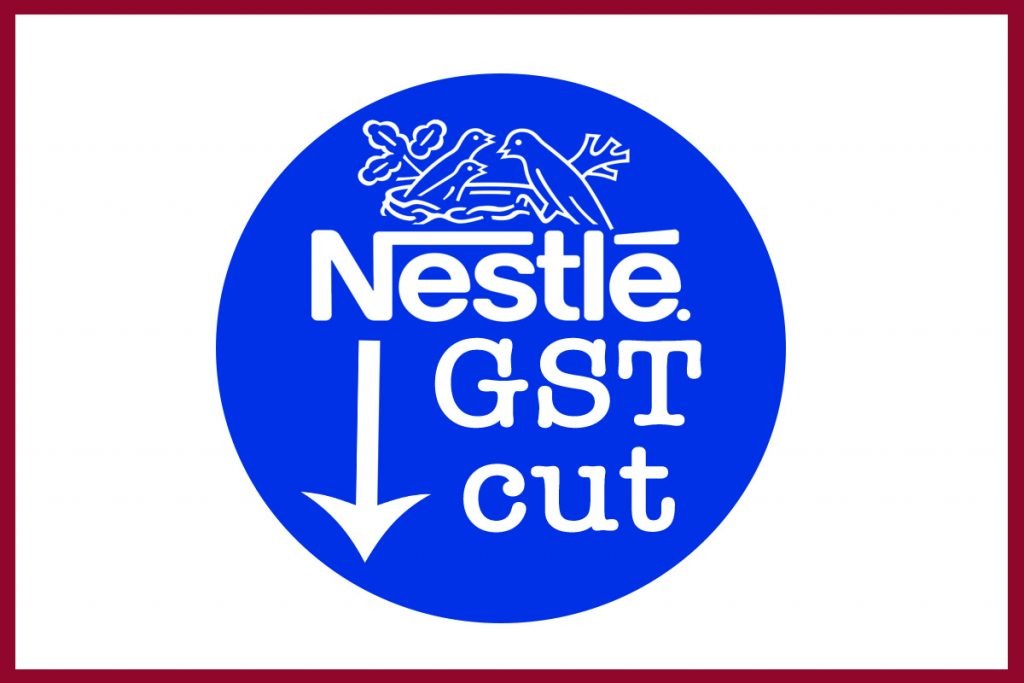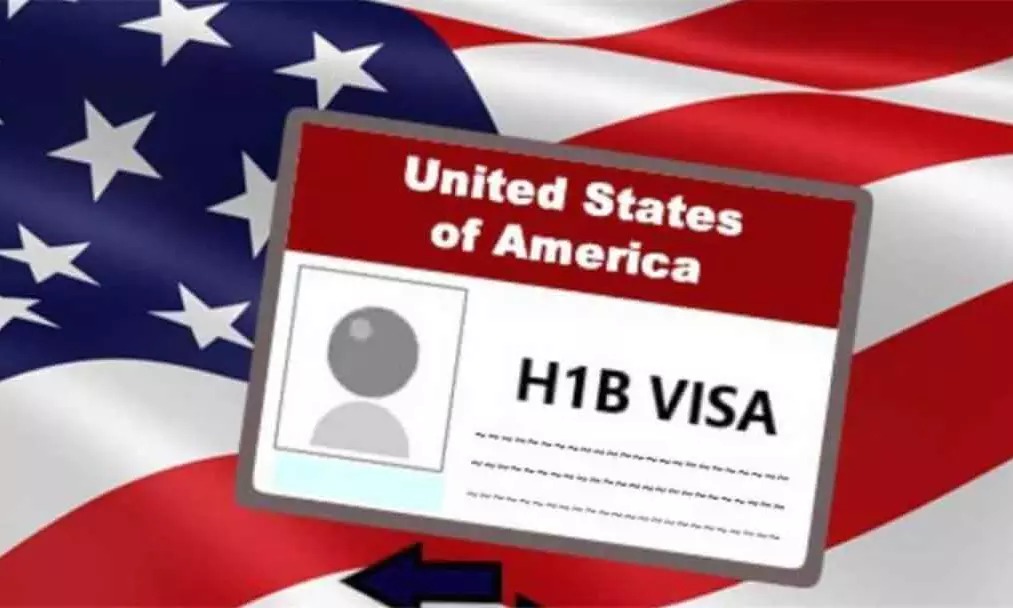 Image Source : Marketing360
Image Source : Marketing360
Nestlé India has officially announced the implementation of Goods and Services Tax (GST) rate reduction benefits across its product portfolio, effective September 22, 2025. The move comes in response to the nationwide rollout of GST 2.0, which simplifies the previous four-tier tax structure into three slabs—5 percent, 18 percent, and 40 percent for demerit goods. Nestlé joins a growing list of fast-moving consumer goods (FMCG) companies that have committed to passing on the benefits directly to consumers through revised pricing and promotional schemes.
The announcement is expected to boost consumption ahead of the festive season, especially as households begin preparations for Navratri, Diwali, and year-end celebrations. Nestlé’s decision to absorb the tax differential and reduce prices reflects both regulatory compliance and a strategic push to regain volume momentum after several quarters of subdued urban demand.
Key Highlights From Nestlé India’s Rollout
- GST rate cuts applied to food and beverage categories including noodles, coffee, dairy, and chocolates
- Revised maximum retail prices (MRPs) effective from September 22 across retail and e-commerce channels
- Maggi instant noodles (600 gm) reduced from Rs 120 to Rs 116
- Nescafé Classic (45 gm) now priced at Rs 235, down by Rs 30
- Nescafé Gold (100 gm) slashed by Rs 95 to Rs 755
- Existing inventory aligned via trade discounts and quick price shift (QPS) schemes
Scope Of Price Adjustments
Nestlé India has confirmed that the GST rate reduction applies to a wide range of its food and beverage offerings, most of which now fall under the revised 5 percent slab. The company has issued updated price lists to distributors, kirana stores, and online platforms, ensuring that consumers benefit immediately without waiting for new packaging cycles.
The price adjustments cover:
- Packaged foods such as noodles, soups, and ready-to-eat meals
- Dairy products including milk powders, condensed milk, and butter
- Beverages like instant coffee, malted drinks, and fruit-based mixes
- Confectionery and chocolates including KitKat, Munch, and Milkybar
Strategic Rationale And Consumer Impact
Nestlé’s move is aligned with the anti-profiteering clause under GST regulations, which mandates that companies pass on tax savings to consumers. By doing so, Nestlé aims to:
- Stimulate demand across urban and semi-urban markets
- Reinforce brand loyalty through transparent pricing practices
- Support household budgets during the festive season
- Maintain competitive positioning against peers like Britannia, Amul, and ITC
The company’s decision to reduce prices rather than increase grammage ensures immediate visibility and impact at the point of sale, a tactic that resonates well with price-sensitive consumers.
Industry Context And Competitive Landscape
The GST 2.0 reform has prompted similar responses from other FMCG majors. Dabur, Emami, Hindustan Unilever, and Amul have also rolled out revised MRPs across personal care and food categories. Analysts expect the sector to witness a 200 to 300 basis point volume growth in the coming quarters, driven by lower price points and festive demand.
Nestlé India, with nearly 80 percent of its revenue derived from domestic sales, stands to gain significantly from the tax rationalization. The company has faced margin pressures due to food inflation and logistics costs, and the GST relief offers a timely cushion to recalibrate pricing and drive volumes.
Further Strategy
With the GST 2.0 benefits now live, Nestlé India is poised to enter a new growth phase. The company’s proactive pricing strategy, combined with its strong distribution network and brand equity, positions it well to capture incremental demand during the festive cycle and beyond.
As consumers begin to notice lower prices on everyday essentials, Nestlé’s rollout may serve as a benchmark for responsible corporate behavior and agile market response.
Sources: MSN India, Economic Times CFO Desk, Deccan Chronicle, News18 Business.
Advertisement
Advertisement







